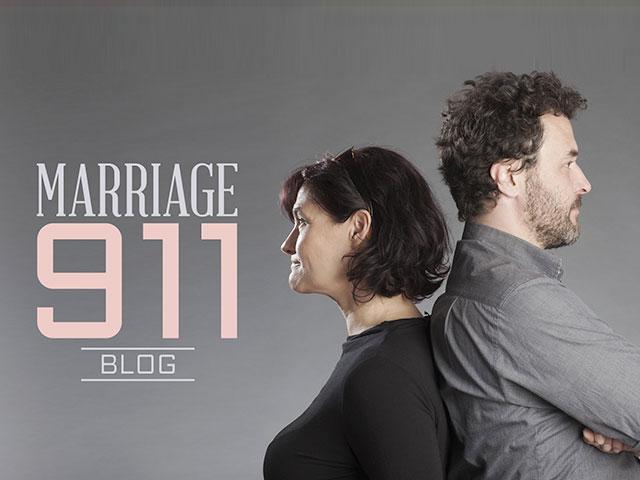The Danger of Anger

There’s one letter separating ‘danger’ and ‘anger,’ and this may not be coincidental. There is often anger involved in danger, and there’s almost always danger involved in anger.
Anger is perhaps the most commonly expressed emotion, and readily identified by most, self-righteously affirmed and dangerously expressed. Most will admit to feeling angry and even reiterate their ‘right’ to feel it.
Yet, this emotion—if it is even a legitimate emotion—causes more damage than any other. This is why scripture exhorts us to ‘put it away’, stay away from those that live with it and never let the sun go down while we feel it.
You may wonder why I question whether it is a ‘legitimate’ emotion. A colleague recently said this to me:
“I don’t think anger is a legitimate emotion. It is a defensive stance, a mood, a way of acting that covers deeper feelings. It is like armor that we raise to protect us from being hurt or being vulnerable. It is, if anything, a secondary emotion. This way of acting almost always causes further problems rather than healing anything.”
His words have caused me to consider this ‘emotion’. I know that in my own life my anger has done little if any good. When angry, I think unhealthy thoughts, say unhealthy words and act in unhealthy ways. Occasionally, it is the fuel to set healthy boundaries, but more often than not, my thinking narrows, my connection to others collapses, leaving me hopelessly alone.
Consider when you are angry. Are you like me, thinking irrational thoughts, feeling sorry for yourself and becoming accusatory toward others? Do you say things you regret?
What about this notion that anger is a secondary emotion, if an emotion at all? This is too often true for me. When I slow things down and reflect on what is gurgling inside, I find sadness, hurt and fear. I find feelings of betrayal, misunderstanding and confusion. There are always feelings beneath my anger.
Consider also that speaking from your angry voice, in addition to often being destructive, is not your authentic voice. Speaking from your voice of sadness, hurt and fear allows you to make true and honest contact with the other person. Speaking from anger almost always causes disconnection.
So, consider these steps of action in making a healthy connection with the people you care about:
First, put away anger.
Tell yourself that anger is not helpful to your situation. Acknowledge the harm that occurs when you become angry and the many scriptural principles challenging us to not speak from an angry voice. Consider the negative impact of your anger on your relationships, not to mention your own body.
Second, explore your thoughts that lead to anger.
Write out your thoughts that give way to anger. Explore the possibility that you are distorting your current situation. Look for distortions and ‘thinking errors’ that fuel your anger. Notice the distortions that fuel your anger and impede working together with others. Follow the scriptural principle, “Whatever is true, whatever is noble, whatever is right, whatever is lovely, whatever is admirable—if anything is excellent or praiseworthy—think about such things.” (Philippians 4:8)
Third, explore primary feelings.
Go on a hunt for primary feelings. See if there is hurt, sadness or fear beneath your anger. Try to ‘stay with your primary feelings’ rather than acting out with anger. See if anger is a shield, protecting you from more vulnerable feelings.
Fourth, practice expressing your more vulnerable feelings.
As you lean into this new relationship, you form a new union. This is a new partnership and new entity. You can help your mate become all he/she was meant to be and they can do the same for you. Embrace this new union and see how you can emerge better than before.
Finally, encourage others to share their deeper feelings with you.
Gently encourage others to share their feelings. Don’t force it, as this is their work to do. Your work is to stay within your True Self and your truest, deepest feelings. Remain secure in your feelings and try not to shift into old, outdated, angry ways of interacting. Notice the positive impact you have on others.
Please also read more about The Marriage Recovery Center on our website www.marriagerecoverycenter.com and www.yourrelationshipdoctor.com. You’ll find videos and podcasts on sexual addiction, emotionally destructive marriages, codependency and affair-proofing your marriage. You are free to email me at drdavid@marriagerecoverycenter.com.
